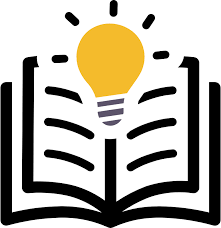 Summary
Summary

Problem-solving is a critical life skill that involves identifying, analysing, and resolving issues. It is used in day-to-day situations to make decisions, resolve conflicts, and overcome challenges. Problem solving offers many benefits, such as improved decision making, creativity, and critical thinking skills. There are 10 techniques for effective problem solving, including brainstorming, root cause analysis, SWOT analysis, and decision-making matrix. The process of effective problem-solving involves defining the problem, gathering data, identifying possible solutions, evaluating alternatives, selecting the best solution, and implementing the solution. It is essential to have problem-solving skills for personal and professional success.
Related Skills
Critical thinking: The ability to analyse and evaluate information to form a judgement or decision.
Creativity: The ability to generate new ideas and approaches to solve problems.
Decision making: the ability to choose the best course of action based on available information.
Communication: The ability to clearly convey ideas and information to others.
Collaboration: The ability to work effectively with others to solve problems.
Time management: The ability to prioritize tasks and manage time effectively to meet deadlines.
Analytical thinking: The ability to break down complex problems into smaller components and analyse each component in detail.
Adaptability: The ability to adjust to changing circumstances and modify problem-solving approaches as needed.
Emotional intelligence: The ability to understand and manage one's own emotions, as well as recognize and respond to the emotions of others in a productive manner.